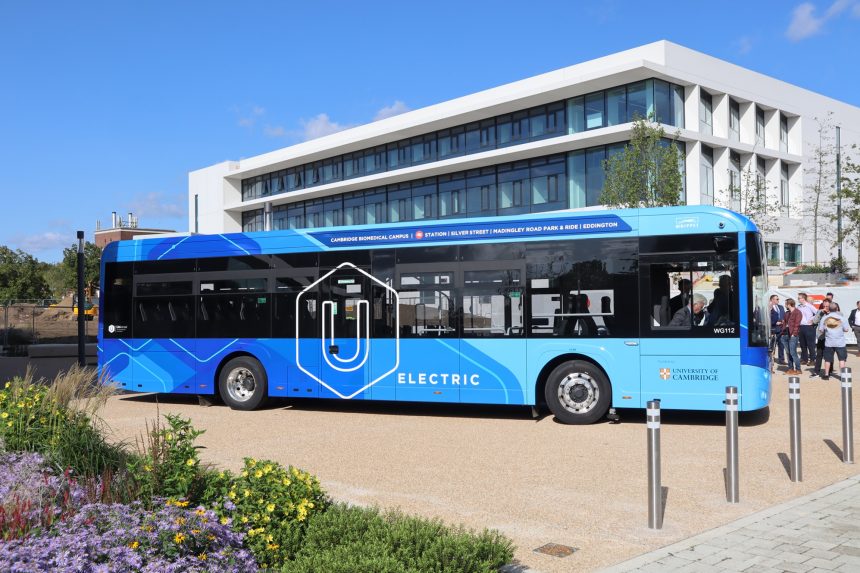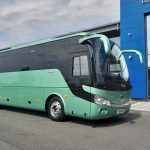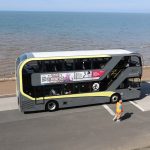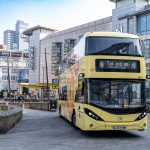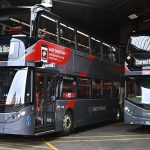Adoption of bus franchising by the Cambridgeshire and Peterborough Combined Authority (CPCA) has progressed further with agreement on 24 July to proceed with the statutory consultation, and to give notice of and publish the proposed Bus Franchising Scheme.
The consultation will open on 5 August and run until 11 November. A subsequent report will inform a decision by Mayor of Cambridgeshire and Peterborough Dr Nik Johnson on whether bus franchising should progress. Dr Johnson has long been an advocate of reregulation.
Two days prior to agreement on the latest steps, a report from Executive Director, Place and Connectivity, Judith Barker told the CPCA Transport and Infrastructure Committee that bus franchising “offers advantages” in achieving the Combined Authority’s strategic objectives when compared to Enhanced Partnership (EP).
Ms Barker says that franchising “is expected to deliver a higher level of benefits” than EP but will also require greater investment. An updated and finalised Bus Reform Assessment – also to be published – retains the conclusion that franchising is the preferred route of reform for bus services in Cambridgeshire and Peterborough.
Language used by CPCA around reregulation is much less combative than that seen from some other Combined Authorities and Mayors that are pursuing the same approach. Ms Barker’s report notes that franchising would give CPCA more control over services, albeit with increased financial exposure.
However, she adds that the increased certainty over outcomes that franchising would bring and the “strategic advantages” of its deployment would “outweigh the disadvantages of taking on significant financial risk.”
Speaking about the next stage in the statutory process, CPCA Chief Executive Rob Bridge says: “We recognise just how important buses are as part of our wider transport and connectivity plans, which is why we believe the way the region’s buses are run needs to change.
“We want to address the current challenges, which include the performance of local bus services. I would like to encourage everyone to get involved in the consultation. We are especially keen to hear from those who rely on the bus to get from A to B and those who would benefit from the bus in the future for their education, employment, and leisure transport needs.”























